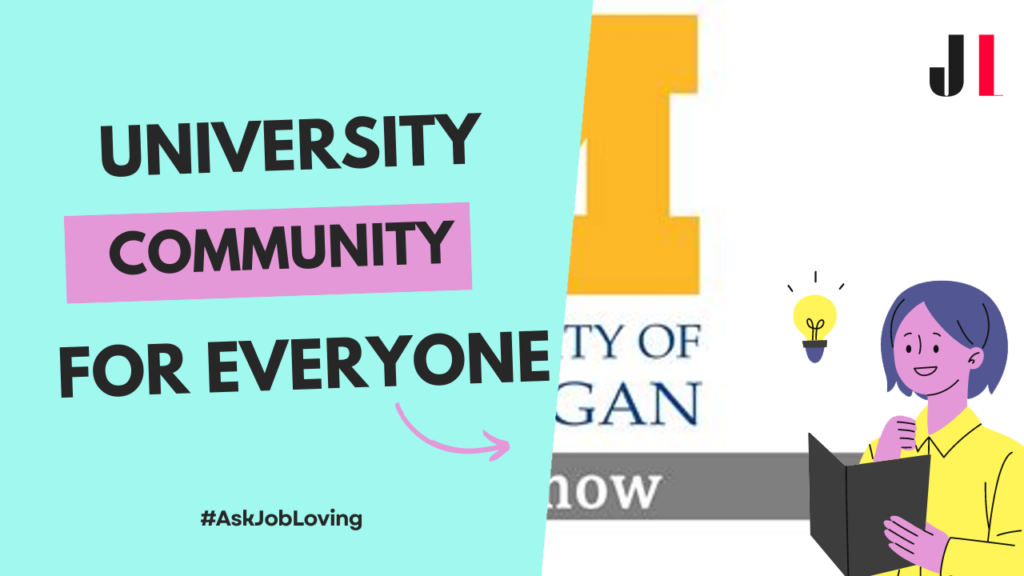What is Consent at the University of Michigan?
Consent at the University of Michigan (U of M) is a fundamental principle that guides interactions concerning personal boundaries and relationships, particularly in sexual contexts. It emphasizes that consent must be clear, mutual, and respect the autonomy of everyone involved. This topic holds significant relevance, especially in educational environments where individuals are learning not just academically, but also about interpersonal relationships and personal conduct.
At U of M, consent is defined as “active, conscious, continuous and freely given agreement” from all parties who wish to engage in any sexual activity. This means that consent cannot be assumed; it must be communicated plainly, and both verbal and nonverbal signals can express it. For instance, a hearty “yes” or even a thumbs-up can indicate agreement—but silence or lack of resistance does not equal consent. It’s like ordering your favorite pizza; if you don’t say what toppings you want or if you just sit quietly while someone else picks for you, you likely won’t end up with a meal you enjoy!
Moreover, understanding the nuances of consent involves recognizing its limitations. Consent must be specific to the activity at hand. Just because two people have previously engaged in an activity doesn’t mean consent is given for future encounters unless it’s explicitly stated each time. This places an emphasis on ongoing communication, ensuring everyone feels comfortable at every step. So next time you’re thinking about jumping into something new, don’t forget to check in—it’s all part of good practice!
Understanding Consent: The Legal Framework
In Michigan, the legal landscape surrounding sexual consent stipulates that the age of consent is 18 years old. Essentially, if someone over 18 engages in sexual activity with a minor, they can be held accountable under law. This legal stipulation underscores the importance of critical conversations about age differences and power dynamics in relationships—after all, awareness and understanding are key to fostering respectful interactions.
Furthermore, the University of Michigan has instituted mandatory educational programs that delve into the principles of consent and bystander intervention. Students are encouraged to educate themselves about how to support friends in potentially harmful situations or how to intervene safely when witnessing something inappropriate unfold. A strong community relies on individuals looking out for one another; think of it as building a network of allies!
Final Thoughts on Consent at U of M
The discourse around consent at the University of Michigan embodies more than just regulations or guidelines—it reflects a broader cultural shift towards respect and personal autonomy. Practicing consent diligently helps form healthier relationships and fosters an environment where everyone feels valued and safe. So whether you’re navigating friendships or romantic encounters, remember that communication truly is key!
If you need further help or want to dive deeper into what consent means at the University of Michigan—or anywhere else for that matter—feel free to connect with us at the JobLoving community. We’re here to support you through your journey!

